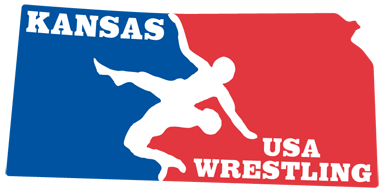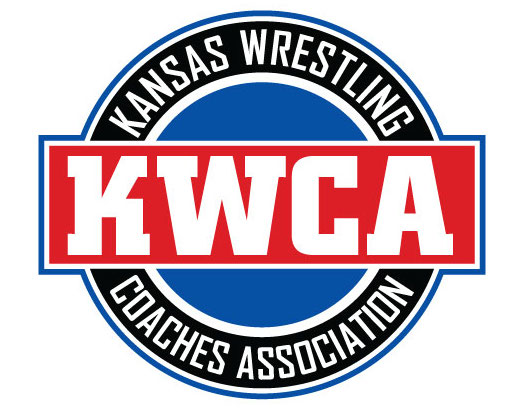ORIGNALLY posted on April 27, 2007 by Kale Mann. I hope he does not mind my re-posting it, but in light of the current conversation going on it is probably good to read again:
"At the risk of beating a dead horse here, I would like to interject my two cents.
1st- We need to make sure that we maintain our focus of schools as educational institutions first and foremost. That is the main goal. We are fortunate enough to live in a society that also values competition and athletics, so that in our society schools and athletics go hand in hand. This is not the case in most countries. I think our athletic programs can enhance the learning that goes on in the classroom in several ways: getting kids to come to school who otherwise wouldn't, and by teaching team work, sacrifice, and self discipline. If we are talking about taking students out of school for large chunks of time in order to travel the country to compete, that is detrimental to the main priority of the school system.
2nd- I feel that it is not unreasonable to have some limit on matches. Under our current system of 30 competition points, it would be possible for a wrestler to wrestle 72 matches prior to Regionalís and State. Why this does not happen is because our coaches realize we are working with boys and young men. Coaches realize that the important time of the season is Regionalís and State, and schedule to try to get their athletes to peak at the end of the season. The vast majority of wrestlers could not/ would not survive a 70+ match season. The rate of injury and burn out would be very high. Granted, a very small percentage of wrestlers could handle that many matches, but as a coach who is interested in getting the TEAM to peak at the right time, it would probably be detrimental to that team to wrestle that many matches. Here are 2 things to consider in support of this position
1. In last month's (or 2 month's ago) edition of WIN magazine, Coach Spates of OU cited a major area of concern. His wrestlers that he was recruiting were not able to make it through a season. He attributed this to many of the wrestlers wrestling year round and wrestling too many matches during their developmental stages. He felt like many of these young men were already broken down.
2. There are no current wrestlers on this board posting in support of more matches. I would say that this would be evidence that they may not feel that 70+ matches in a high school season would be beneficial to them. Again, I think a small percentage could handle it, and in fact possibly thrive on that, but the vast majority would not be able to. We would lose them, and our numbers would decline even more.
3rd- If additional matches are desired by the student-athlete, there are (many) opportunities available to them. If higher level competition is desired at the national level, again that is available also. There are no limits on how far an individual can travel to a tournament outside of season. There are many tournaments around the nation (some even hear in our own backyard) that bring many of the nations top wrestlers together. For those interested, sign up and keep wrestling!
4th- Scholarships are mentioned several times on here. I agree with EGG, academics are where the money is at. In the recent past Mill Valley has produced 3 wrestlers that in my opinion could compete at some level collegiately had they so chosen to do so. All three chose not to, for various reasons. Fortunately for them (and a credit to them and their families) they were all very strong academically and did not need wrestling scholarships as they received academic scholarships. However, had they chosen to pursue wrestling, these young men would have been very attractive to college coaches. In today's climate at the NCAA level, where scholarship numbers are tied to graduation rates, college coaches are less likely to take a risk on a good wrestler with poor grades. He may not even be eligible to compete, and may end up costing the program scholarships in the future. Also full ride scholarships are rare in wrestling. Most wrestlers split scholarships, even the elite ones. This is so a coach can recruit more wrestlers to make the TEAM stronger. If the wrestler is able to accept less athletic money because they are also receiving academic money, it makes them more attractive to college coaches, and more valuable to the TEAM.
5th- Coaches "doing it for the money". What coaches are doing it for the money, and if so, what schools (rhetorical question, please do not post coaches names or names of schools!)? A fellow teacher in my school made more money 2 wrestling seasons ago than I did coaching wrestling. All he did was supervise tardies for about an hour a night 2-3 nights a week and he worked the clock at basketball games a couple of times a week. If people actually think that coaches coach for the money, they either have a strong misconception about what we get paid to coach (not much), or a lack of understanding of the immense amount of time, effort, and sacrifice that goes in to it. The sacrifices that go in to coaching quickly make anyone who is it in for the money get out. They can make more money pushing shopping carts at the Home Depot or Wal-Mart. The vast majority of coaches are also teachers, which is what they make the majority of their salary doing. If those coaches aren't getting it done in the classroom, the generally don't last very long either.
While I am not necessarily against change, I just want to make sure we keep the scope of the change to a rational level, and that we maintain focus on where it is most important: the development of STUDENT-athletes who are team players."
Kale Mann
April 27, 2007
Last edited by Egg; 04/16/08 08:10 PM.







